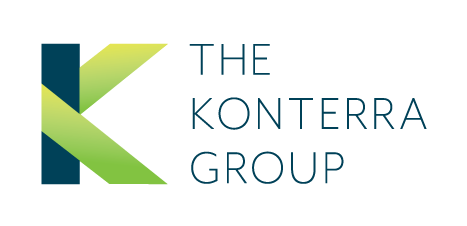Get in Touch
700 12th Street NW
Suite 700
Washington, DC 20005
I have had the privilege of coaching high potential executives for 16 years. Over that time I’ve learned what works and what doesn’t. But I’ve never practiced a methodology that consistently enables executives to make significant, sustainable, positive, measurable and behavioral changes that is recognized by others .
The Marshall Goldsmith Stakeholder-Centered Coaching, however, is a methodology that guarantees measurable leadership growth. A promise that I have found to be true.
The methodology is unique in a few keys ways:
In other words, the process starts by asking the executive “how good do you want to be?” On a scale of effectiveness from – 3 to +3 where would you like others to rate you? Without exception, leaders express the desire to be found to be in the area of +3.
The next step is to identify the areas for change or interpersonal patterns (flaws) that create challenges and roadblocks in their interactions with others. These bad habits or unproductive behaviors inhibit executives from maximizing their performance and effectiveness. We all have these habits and leaders are no exception.
Once the executive and coach identify the behaviors that need improvement they’re then in a position to establish one or two development goals. The key factor in a metric-based coaching model is that executives “go public” to a group of selected stakeholders with these goals and received ongoing, timely feedback on how they are doing. They share the development goals with select stakeholders – direct reports, peers, and their superior – and ask for honest and continuous feedback on progress toward meeting them. Feedback is gathered informally and, more formally, once a month. Importantly, executives also ask for and receive “feed forward,” suggestions on actions they can take to better meet their goals.
Asking for insights on behaviors that need improvement and sharing development goals takes courage. It also requires humility and discipline. And it demands ongoing effort and reflection to succeed—and not fail—in full view of others.
It all makes for an unusual degree of accountability.
This accountability is implemented using deliberate techniques. Over the usual 12-month coaching period, stakeholders provide monthly feedback to the executive and are surveyed every 4 months or so on how an executive is meeting their development goals. This is where the scale -3 to +3 comes into play. This means everyone involved has metrics on whether or not the leader is meeting his or her target goals.
And stakeholder centered feedback and accountability does work. According to a recent study, 95% of executives using it improved their effectiveness and performance (see chart).

In practice, this means executives change their behaviors in sustainable ways that are recognized by others. They modify or eliminate behaviors that need improvements and adopt good habits and behaviors. As important as the changes themselves, is the fact that stakeholders are aware and involved in providing suggestions and feedback to the executive on her journey of change.
Stakeholders know that executives are better because they have chosen to make themselves better. This can have a dramatic change on staff and peer’ perceptions about an executive’s abilities and character.
Stakeholder centered coaching changes executives. It also changes staff. While an executive has stepped out and worked hard to improve herself, staff has contributed to that improvement. They have seen the boss have courage, humility and discipline. She has asked for and received feedback, thanked others for the feedback and made a positive change. This process changes the executive as well as the staff and the culture. Holding each other accountable becomes a standard operating procedure.
Over time, this changes workplace culture. Executives and staff think about themselves and one another differently. They become more willing to identify and constructively confront shortcomings and invest in the time and effort to replace them with more effective processes and behaviors.
The result: A willingness to embrace change and innovation and far better leadership than would otherwise be possible.
In today’s environment, that is the necessary ingredient for growth and other measures of organizational success.
There are many different types of executive coaching. Each is effective in its own way. Stakeholder centered coaching is well suited to organizations that want to know just what they’re getting for their coaching investment.
And it’s especially well suited to executives with the courage, humility and discipline to acknowledge that they don’t know what they don’t know and to be held accountable for their work to up their game.

700 12th Street NW
Suite 700
Washington, DC 20005
